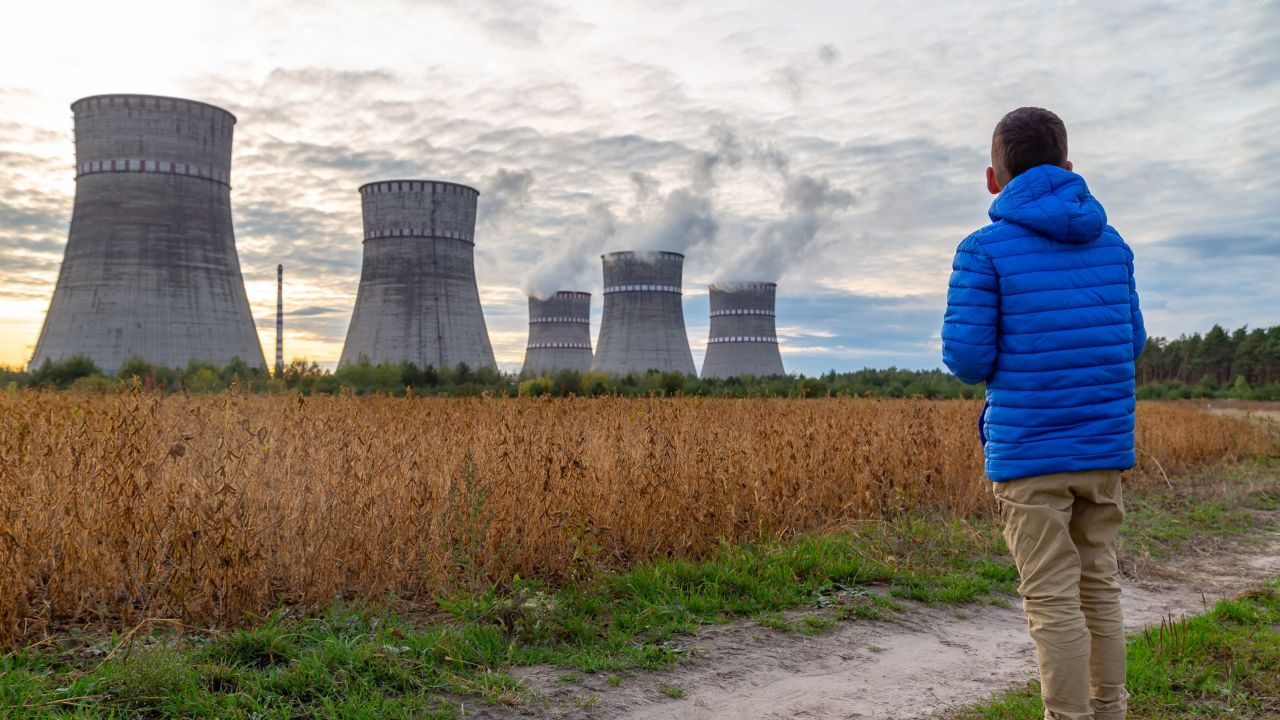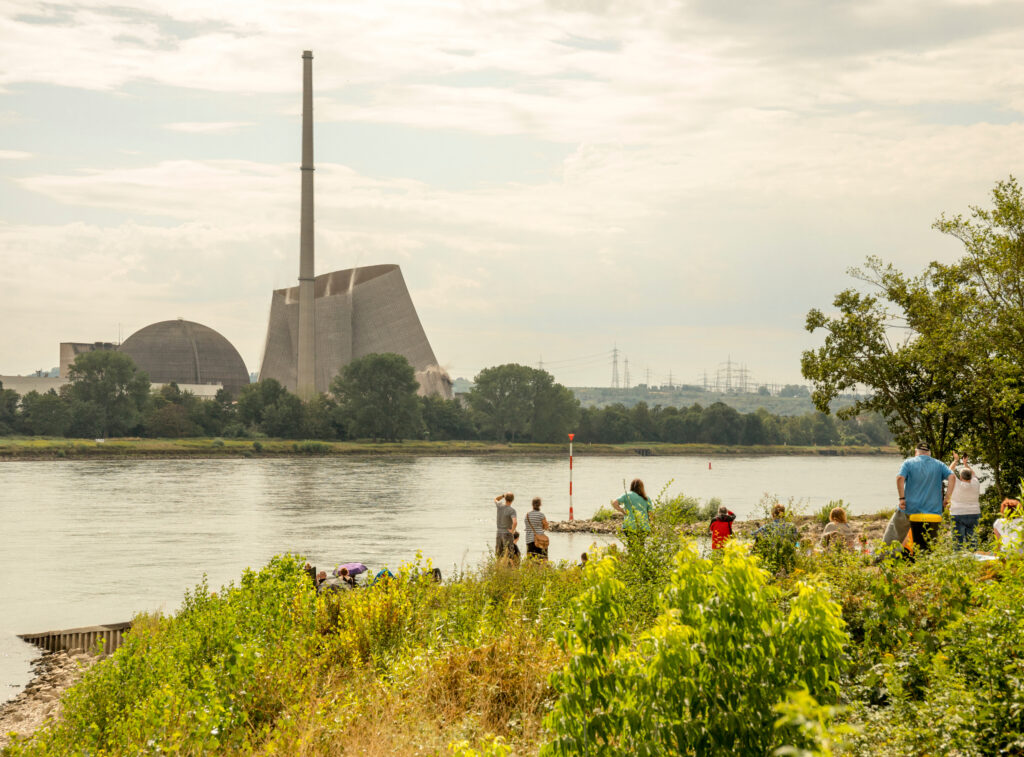Originally posted by french frank
View Post
Ignoring infrastructure and other aspects of electricity generation and distribution is one way to try to justify claims of "greenness", just as exporting waste to other countries, or having products made in other countries with poor emissions standards is another way for the UK to declare its world leading eco credentials.




Comment